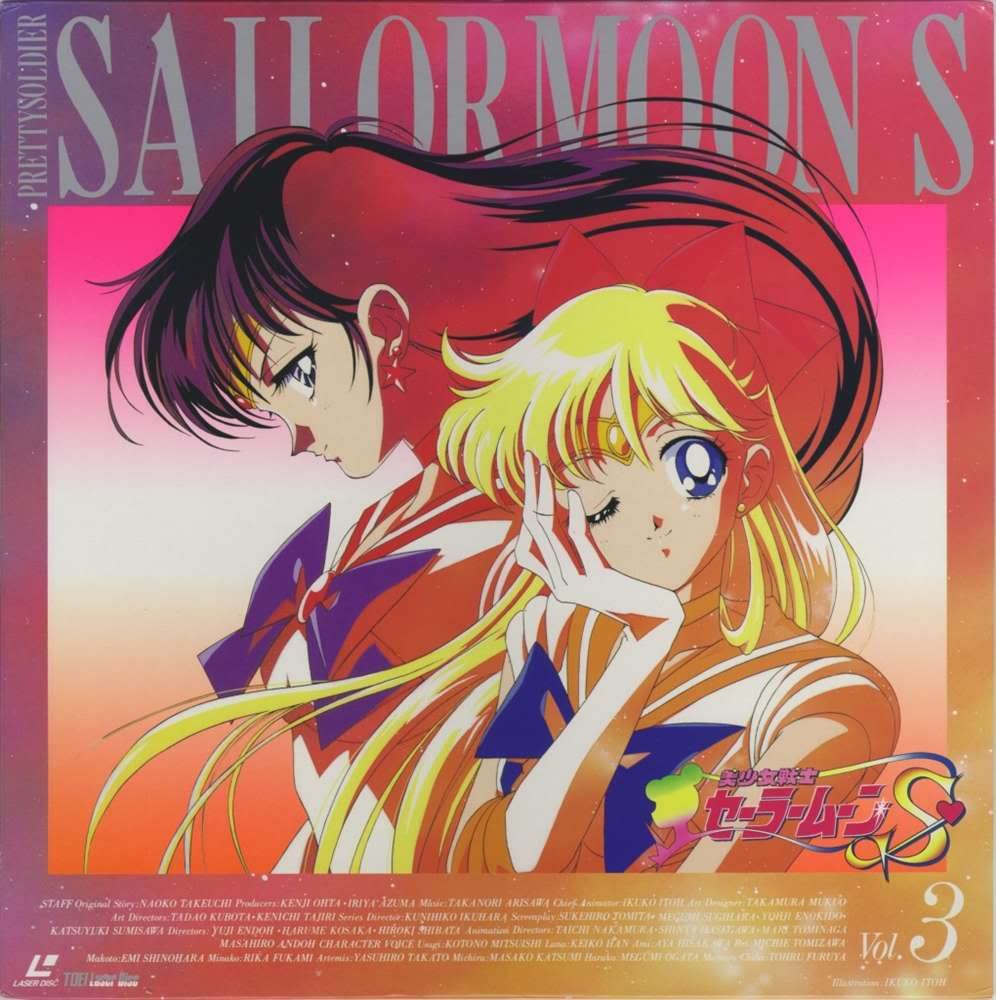I underestimated just how much I wanted to get into some good fiction. I borrowed the book on the 9th. I finished it the next day.
Prey revolves around the semi-typical story of robots getting out of our control. What makes it different is that this time they're nanobots, robots put together on the molecular level. And these aren't just mechanical either. I want to recommend this book to my sister since they use E.coli as a part of the nanobots, which makes them kind of like nanocyborgs.
I'm no stranger to nanobots weirding out and getting smart. The first time I saw nanos taking over was while watching a Gargoyles episode. Anyone ever watch that? That cartoon rocked, just for the record. Except there the nanos wanted everything to be ordered, less chaotic.
Crichton's nanos are program-based (though I suppose most would start out that way) and evolve at an astounding pace. What I enjoyed here was the amount of research Crichton had to do - he even includes a bibliography at the end that spans about 4.5 pages. You get semi-info dumps throughout the book that enlighten you about nanos, bits of microbiology, and distributed intelligence programs. I say "semi" because while they can technically be considered info dumps, they're done in such a way that they feel more like an aside by Jack, the main character, or even a brief moment in his mind as he thinks. The dumps are short and the surrounding text is done in a connecting manner so the dump takes on the feel of a flash of thought by Jack. Though I felt one or two may have been repetitive ("Wasn't this already mentioned?"), for the most part they were pretty necessary. Hey, I've never heard of distributed intelligence programs and the kind of viral programs and such mentioned in the book before, but now I do, and they make perfect sense.
It was exciting and I loved evey minute of it. Sometimes Jack made me want to scream though - "How can you not put two and two together dude?!" - but otherwise it was a great read. Creepy, edge of your seatness, wonder, and "What's going to happen next?" tension. Crichton, or rather, Jack, mentions near the beginning how "No one ever does anything until it's too late." That right there is the freakiest part of the whole book (second only to seeing the result of his wife getting eaten alive by nanos). People are so short-sighted, they fail to take a step back and look at the big picture. They make sloppy patchwork fixes that can only be considered temporary and neglect to examine the consequences of every action.
That's why I keep saying when we are killed off by AI, just like every SF writer ends up writing (or at least, what? 90% of them?), it's going to be Japan's fault. Why? Have ya looked at their robots lately? They're bent on making their robots better, smarter, etc. It's only kind of funny how people think SF writers are imagining this stuff. These days it's more like they're What if-ing this stuff. I don't think people like to let that get into their brains though. Makes them uncomfortable. Suddenly reminded of Ian Malcolm in Jurassic Park, "They were so preoccupied with whether or not they could, they didn't stop and think of whether or not they should."
Oy. It's exhausting to think about. But you know what was really exciting for me? In my novel I decided to use nanos (not made by us, mind you) as a reconnaissance method when checking out a new planet through a portal. Lo and behold, that's exactly what Crichton's company was doing in the book! I was very excited to see my idea echoed (albeit 6 years ago, but hey, I didn't know that), especially by someone like Crichton. The funny part is that when I was writing up the nano section, I made a point to have someone mention the possibility of the nanos getting out of control, my scientist shooting the idea down immediately. I refuse to do an AI out of control deal. It's been done many times, and now Crichton's done the nano thing. Besides, the research involved is a lot of work in itself. Another reason I've realized I like writing fantasy more than SF.
Great stuff. Very glad I stuck it on my reading list this semester. Been meaning to check it out for a long, long time. Totally worth it.
Read the Review
Currently:
 Thinkin' about mah sistah.
Thinkin' about mah sistah.
2 comments:
Oh wow, you and Crichton have a time-spanning mind link!
Glad you liked Prey. Sounds like you got a good demonstration of how to deal with info dumps, too.
Cheers,
Anne
Glad you liked "Prey!" DOn't you find yourself wondering how they come up with this stuff -- you've already noted that after he came up with the plot, he had to back it up with some actual facts.
Give "Unholy Domain" by Dan Ronco a look. Instead of robots, Billionaire Dianne Morgan leads the Domain, a secret society of technologists developing an artificial intelligence that can seize control of all the computers in the world. DOmain folks are fighting The Church of the Natural Humans, which wants to roll civilization back to pre-computer times. Enter into this David Brown, the son of the man (he's dead...) thought to have unleashed this horrible computer virus that has plunged civilization into chaos. He gets a long-delayed email from his father that suggests he was framed, then murdered, so David sets out to clear his father's name and find his murderers.
This is one of the best futuristic thriller since "Blade Runner," and is definitely in the Crichton tradition.
Post a Comment